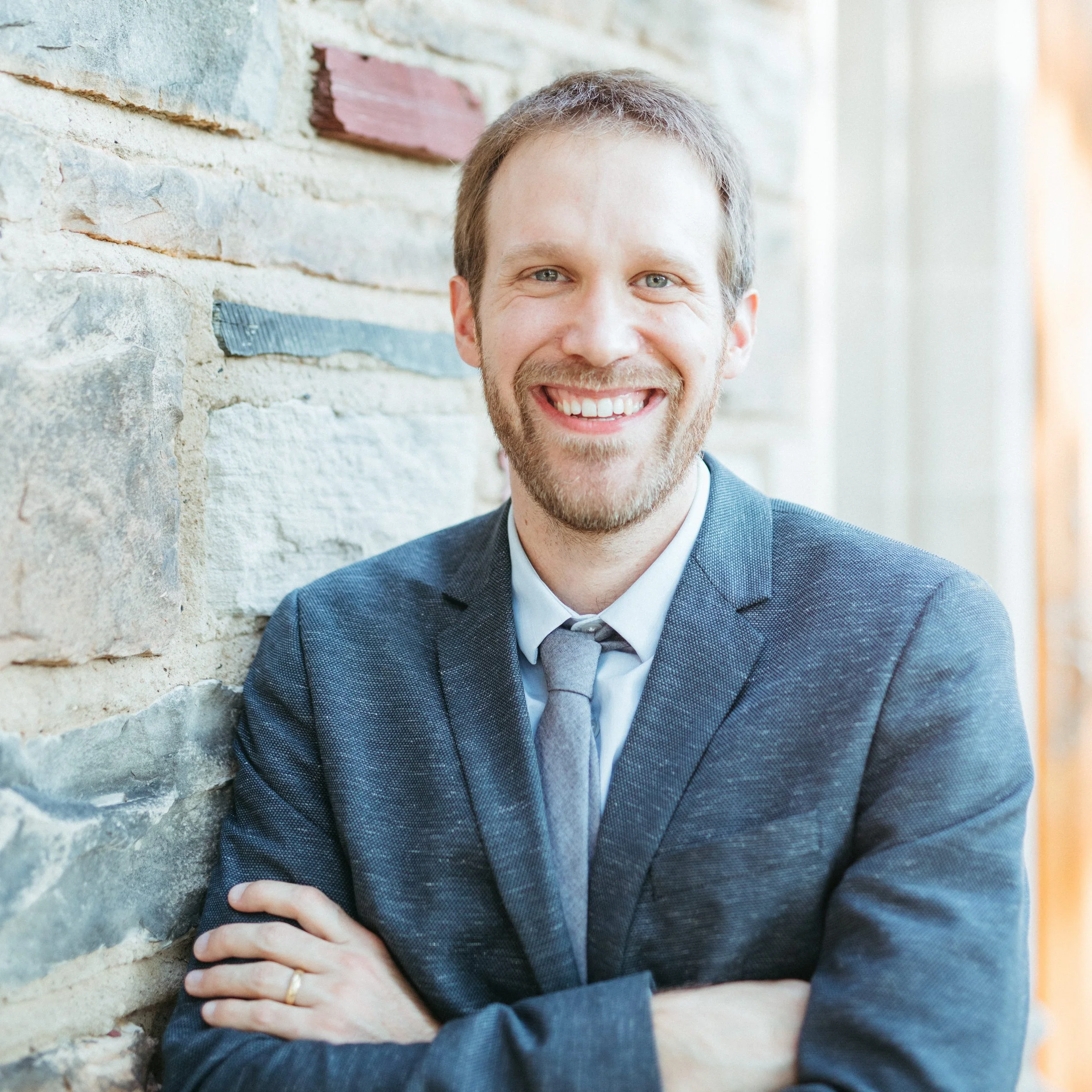Chris Stedman is the author of Faitheist: How an Atheist Found Common Ground with the Religious (Beacon Press, November 2012). He is the Assistant Humanist Chaplain and the Values in Action Coordinator for the Humanist Community at Harvard (where he was previously the inaugural Interfaith and Community Service Fellow). He is also the Emeritus Managing Director of State of Formation at the Journal of Inter-Religious Dialogue and founder of the first blog dedicated to exploring atheist-interfaith engagement, NonProphet Status.
Chris received an MA in Religion from Meadville Lombard Theological School at the University of Chicago, for which he was awarded the Billings Prize for Most Outstanding Scholastic Achievement. A graduate of Augsburg College with a summa cum laude B.A. in Religion, Chris writes for Huffington Post Gay Voices, Huffington Post Religion, The Washington Post On Faith, Religion Dispatches, Relevant, and more. Previously a Content Developer and Adjunct Trainer for Interfaith Youth Core, Chris is an atheist working to foster positive and productive dialogue and collaborative action between faith communities and the nonreligious. He speaks on this topic across the United States and around the world.
Chris served on the initial Leadership Team of the Common Ground Campaign, a coalition of young people who stood up in response to the wave of anti-Muslim rhetoric and violence in the U.S. surrounding the Park51 controversy, and continues to advise it in its current form, Groundswell. He also sits on the Board of Directors of the interfaith global development organization World Faith and is an advisor to the Foundation Beyond Belief’s “Challenge the Gap” charitable initiative. In 2011, Religion Dispatches listed Chris at #5 in a list of the Top 10 Peacemakers in the Science-Religion wars and the University of Oregon Alliance of Happy Atheists recognized his work with their first annual Happy Heathen! Award. Portland, Oregon’s GLBT newspaper Just Out called his work “brilliant” and labeled him an “emerging... vibrant and youthful queer voice for the secular humanist movement.”



















